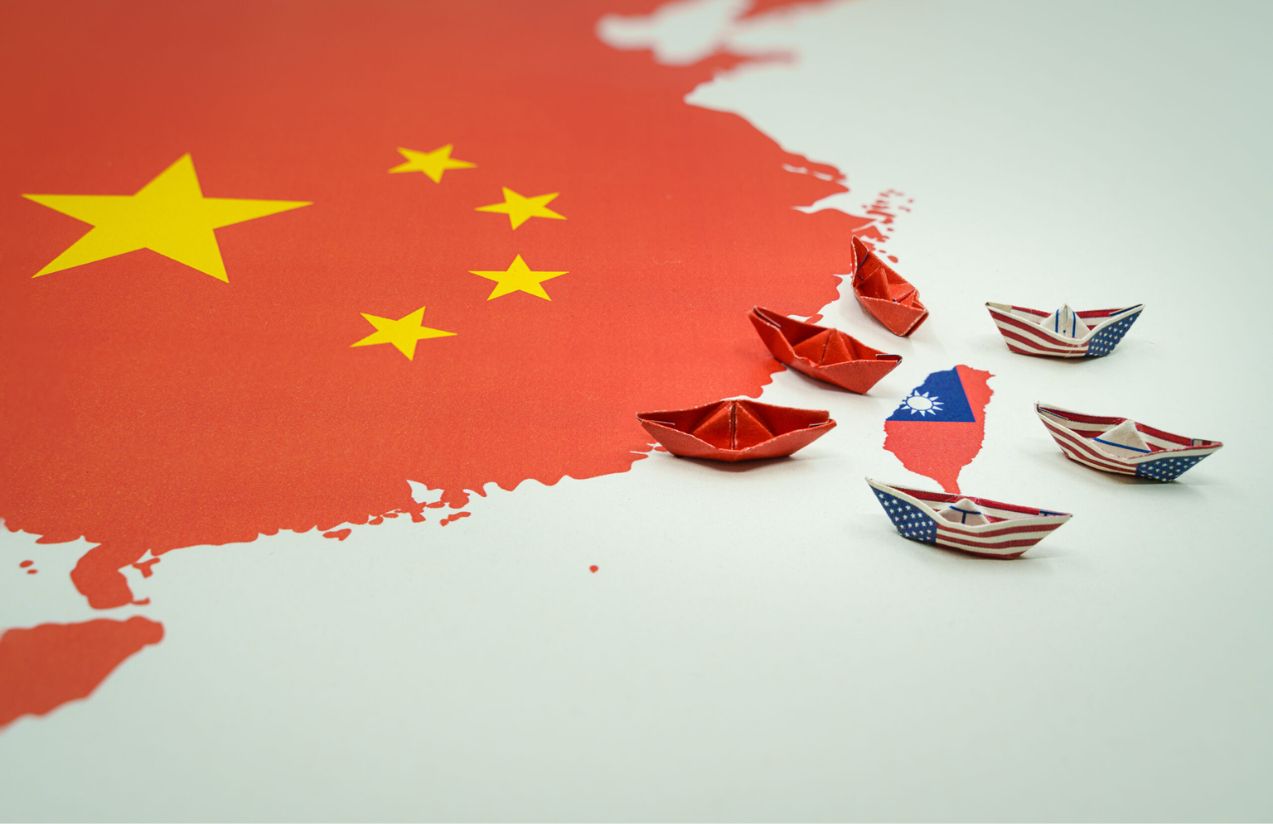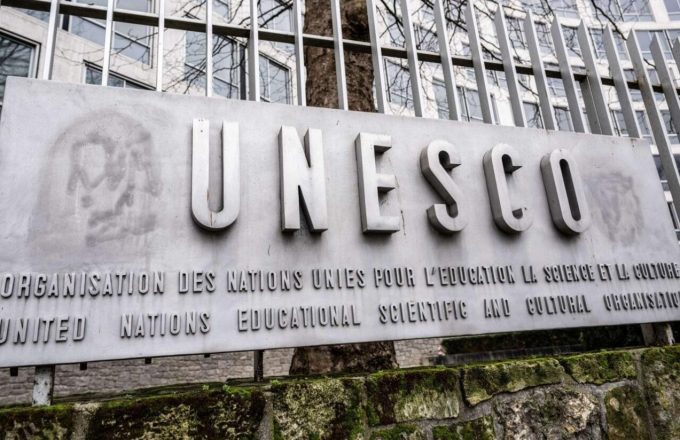The Shangri-La Dialogue security forum, held this weekend in Singapore, was marked by a new exchange of accusations between the United States and China amid escalating geopolitical tensions in the Indo-Pacific region.
U.S. Secretary of Defense Pete Hegseth issued strong warnings against Beijing, claiming that President Xi Jinping’s regime “wants to dominate and control” Asia, and that the threat it poses “is real and could be imminent.” According to Hegseth, China is “clearly and credibly” preparing to use military force to shift the regional balance of power, citing recent incidents in the South China Sea as evidence.
“The regime has illegally militarized islands claimed by the Philippines,” he said. He also pointed to Taiwan as a critical flashpoint, stating that Chinese armed forces are intensively training and enhancing their capabilities for a possible invasion.
Beijing quickly responded. China’s Ministry of Foreign Affairs warned that “the United States must not use the Taiwan issue as a bargaining chip to contain China, nor should it play with fire.” The Chinese government also said it had lodged “solemn representations” with Washington, while the Chinese embassy in Singapore called Hegseth’s remarks “provocative and inflammatory.”
In the broader context of the growing rivalry between the two powers, the forum brought together senior defense and security officials from across the region, reaffirming its role as a key platform for debating Asia’s power dynamics. Hegseth used his speech to underline the Indo-Pacific’s strategic importance to the United States, while urging regional allies to increase their defense spending.
“Allied nations must—and can—rapidly boost their defense capabilities,” he said, citing Germany’s recent decision to raise its military budget to 5% of GDP. In a surprising nod, he credited former President Donald Trump for influencing that shift: “It’s hard to believe I’m saying this, but thanks to President Trump, Asian allies should look to Europe as a model.”
European Union representative Kaja Kallas echoed that sentiment. She described Trump’s push for greater European defense spending as a form of “tough love”: “But it is love, at least. So it’s better than no love at all,” she quipped.
In parallel, Washington continues to strengthen its strategy to counter China by deepening military cooperation with traditional allies such as Japan and the Philippines, and by reinforcing ties with India—viewed as a key regional counterbalance to Chinese influence. “The United States is proud to be back in the Indo-Pacific, and we’re here to stay,” Hegseth declared.
The dispute over Taiwan remains one of the most sensitive issues in U.S.-China relations. Beijing considers the island a part of its territory and has repeatedly stated its intention to reunify it, even by force if necessary. The South China Sea—where China has built and militarized artificial islands in disputed areas—represents another growing flashpoint.
For Washington, deterrence is key. “It’s not cheap,” Hegseth warned, as he justified the call for greater military investment across the region. In this context, the future of Taiwan, control over the South China Sea, and the ongoing arms race in the Indo-Pacific are expected to remain at the forefront of the international agenda, with the U.S. and China at the center of a power struggle that, according to forum participants, could shape Asia’s balance of power for years to come.




















